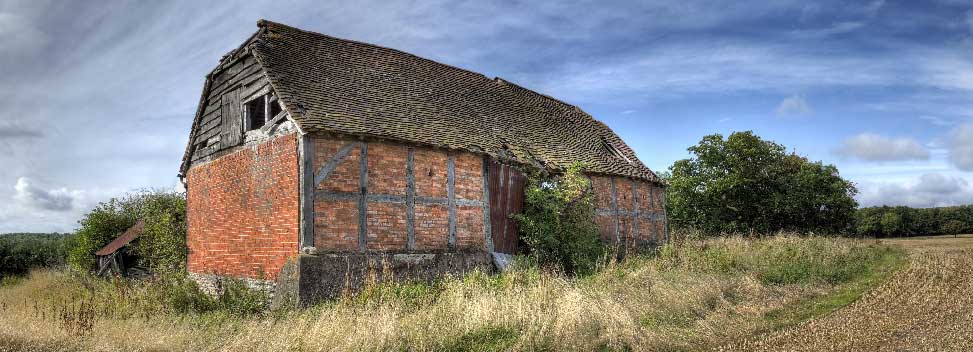Insuring converted agricultural buildings
Written by Nick Grant
22 Nov 2016
3 min read

A conversion, done well, can offer the best of best of both worlds, the character of an older property with the convenience of modern living, and can also be a useful way to get a place to stay in an area with tight planning restrictions. The classic barn conversion is what springs to mind most readily but you needn’t limit yourself to barns; Intasure had seen old bakeries, mills (both wind and water) and a number of others besides.
Being agricultural the conversions are often (but not always) in the countryside and are therefore used as a holiday retreat either by the owner, or they can be leased by the owner to those seeking time away. How the property is used is key to deciding the type of insurance policy you need to buy to protect it. Other factors the insurer will need to consider have to do with the construction of the property, and the age of the original build of the property rather than the conversion.
Some points to think about are the types of material used in the construction, whether this is brick or stone, if there is any timber framing in the property and the type of roof the property has. You’ll also need to tell the insurer about any special features at the property. These are the parts that can add a real wow factor to a property, but from the insurers perspective they’ll need to know how to right the property after any claim. These features can include turrets, wheels at water mills or old construction methods like wattle and daub for example. It’s also a good idea to check if the property has a listed status.
Because of how regularly they’re used, and because of their construction features some insurance companies may struggle to place them. However, if you contact a specialist provider such as Intasure, and know a little more information about the property you should have more luck. In fact, the more you get to know your property and the more information you can provide to the insurer, the more this should help them make sure you get a policy to help with your needs. Sometimes people will get a survey to help them with this, especially if there are any particularly unique features.
*The opinions and views expressed in the above articles are those of the author only and are for guidance purposes only. The authors disclaim any liability for reliance upon those opinions and would encourage readers to rely upon more than one source before making a decision based on the information.